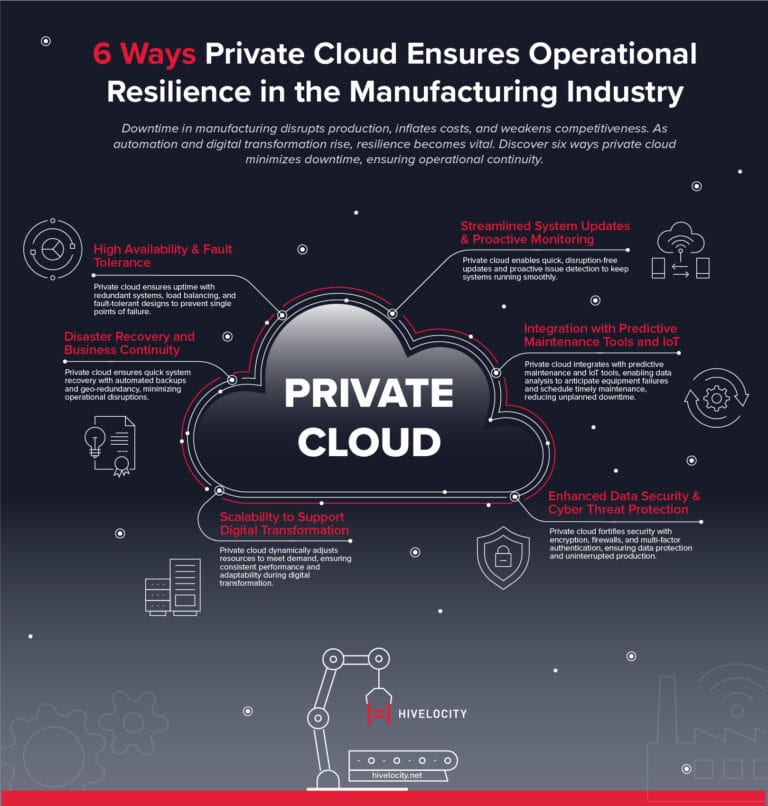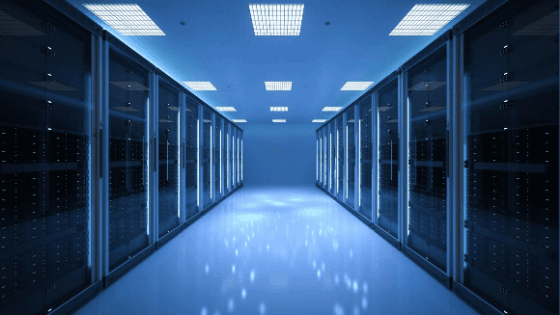
5 Ways GPU is Utilized in Enterprise Cloud
GPUs (Graphics Processing Units) are increasingly being utilized in cloud services due to their ability to handle large-scale computations efficiently. Before we dive into a discussion on how GPUs are leveraged in cloud computing and the benefits they offer to enterprise cloud computing services, let’s briefly review the difference between GPUs and CPUs (Central Processing Units).
When we consider GPUs and CPUs, there is a difference between the systems. The main difference between them is related to their design and primary functions.
CPU and GPU Overview
CPUs are used for general-purpose processing, executing instructions from programs, and managing the overall computer system. These systems have fewer cores and high clock speeds, making them excel at single-threaded performance and tasks that require complex, sequential processing. It is versatile at handling diverse tasks such as running operating systems, applications, and background processes; as well as managing and coordinating activities of other components in the computer like memory, I/O devices, and GPUs.
GPUs are specialized for handling graphics and parallel processing tasks. Unlike CPUs, the GPU system has many more cores (often thousands), but each core operates at a lower clock speed. This architecture is ideal for parallel processing, where many operations are performed simultaneously. Parallel processing allows GPUs to excel at tasks that can be divided into many smaller, independent tasks and processed simultaneously, such as graphics and video rendering, machine learning, complex calculations, animations, and scientific simulations.
As you can see, there is a difference in processing capabilities, various level of tasks associated with each system and diversity of capabilities. So how does GPU graduate to enterprise cloud systems? Let’s dive in…
5 Ways GPU is Utilized in Enterprise Cloud
GPUs are increasingly being utilized in cloud services due to their ability to handle large-scale computations efficiently. Here’s a detailed list on how GPUs are leveraged in cloud computing and the benefits they offer to enterprise cloud computing services.
1. High-Performance Computing (HPC): Processing and Speed GPUs are designed for parallel processing, making them ideal for tasks such as scientific simulations, financial modeling, and weather forecasting. The GPU processing speed allows the system to perform many calculations simultaneously and accelerates complex computations compared to traditional CPUs.
2. Artificial Intelligence (AI) and Machine Learning (ML): Training, deep learning models process vast amounts of data, which GPUs can handle efficiently by reducing the time required to train AI models. GPUs also speed up the inference phase, where the trained model makes predictions on new data.
3. Big Data Analytics: GPUs enable faster processing of large datasets, facilitating real-time analytics and decision-making. High-performance GPUs also enhance data visualization, making it easier to interpret complex data through advanced graphical representations.
4. Virtual Desktops and Workstations: GPUs are essential for virtual desktops that require high graphics performance, such as CAD applications, video editing, and gaming; as well as support multiple users running graphic-intensive applications simultaneously.
5. Cloud Gaming: GPUs in the cloud provide the necessary power for rendering high-quality graphics, which are then streamed to users’ devices, enabling high-end gaming experiences on low-end hardware.
GPUs in modern cloud computing enable high-performance computing tasks, accelerate AI and ML workloads, and enhance data analytics and visualization. For enterprise cloud, the integration of GPUs offers significant benefits, including cost efficiency, scalability, enhanced performance, innovation, and improved security. These advantages empower organizations to handle complex computations more effectively, deliver superior services, and maintain a competitive edge in the evolving digital landscape.


